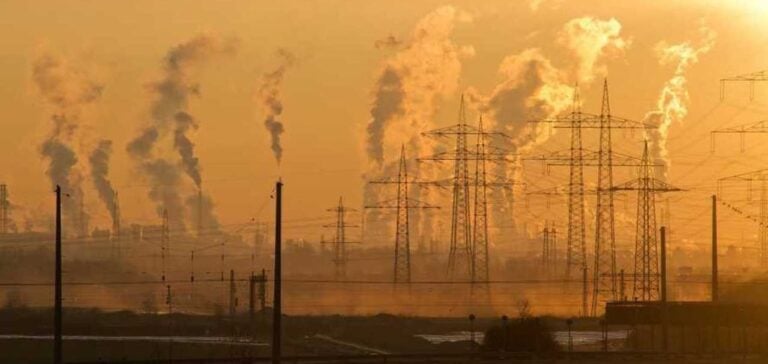The United States has announced an ambitious target to reduce greenhouse gas emissions by 61% to 66% by 2035, compared to 2005 levels. This plan, part of the Paris Climate Agreement, represents a significant step forward for energy transition efforts and involves commitments at both local and federal levels. The White House also emphasized a planned 35% reduction in methane emissions over the next decade.
Economic and regulatory impacts
The U.S. climate plan has major economic implications. In 2022, private investments in clean energy projects reached $450 billion, supported by federal measures such as the Inflation Reduction Act. These funds are largely concentrated in Republican-majority states, highlighting an unexpected bipartisan aspect of renewable energy adoption.
However, an analysis by the University of Maryland suggests that achieving these targets will require sustained efforts. Currently, the annual reductions needed to meet the 2030 target are three times higher than the reductions achieved between 2022 and 2023.
The role of local initiatives
Local communities play a key role in this ambitious project. The “America Is All In” coalition, which includes 361 local governments and nearly 3,000 companies, has committed to accelerating the energy transition. These actors represent approximately 75% of the United States’ GDP, highlighting the scale of local engagement.
Despite these initiatives, the Biden administration acknowledges that meeting these goals will depend on continued federal and local policies. Experts warn of potential policy revisions in the event of political changes in government.
Uncertain prospects
The 66% target is ambitious, but technical and political obstacles remain. While the United States rejoined the Paris Agreement in 2021 and established climate goals, the current trajectory of emission reductions remains below expectations. The Rhodium Group estimates that U.S. emissions dropped by 1.9% between 2022 and 2023, a rate deemed insufficient.
Analysts stress that necessary adjustments are not solely the responsibility of federal authorities. Transitioning to a decarbonized economy will require continued investments, clear regulation, and support from private actors.






















